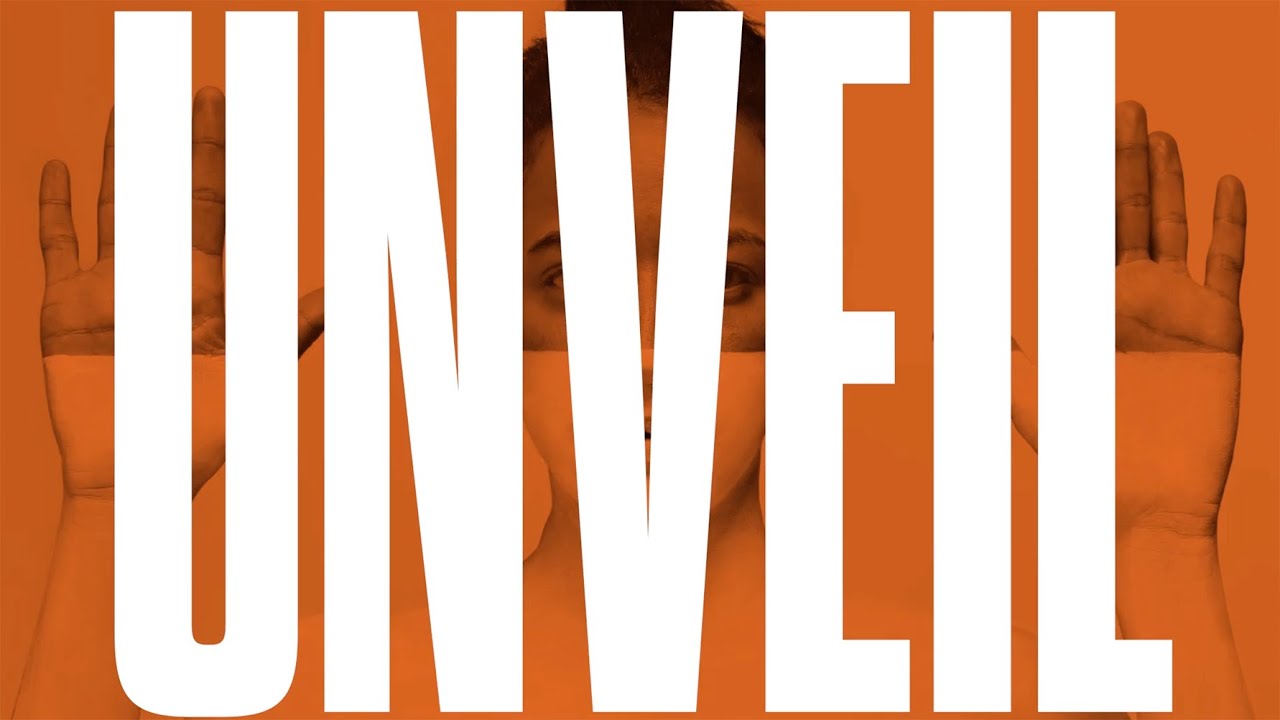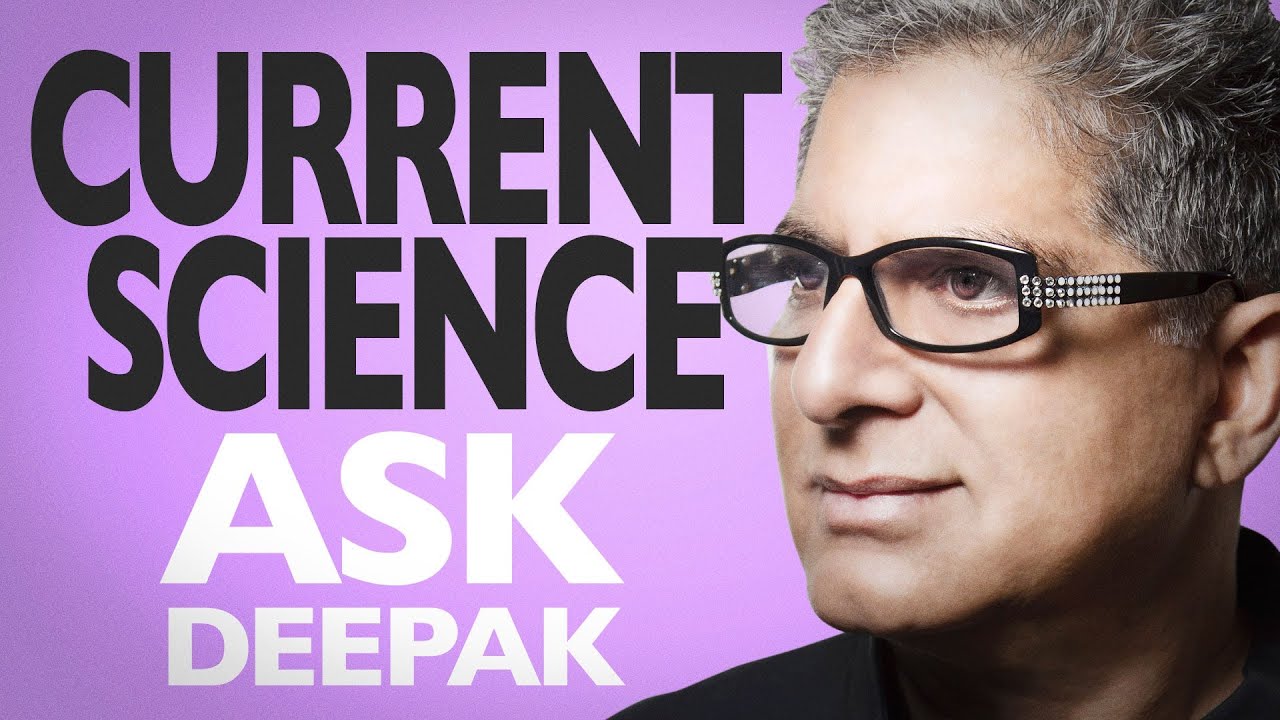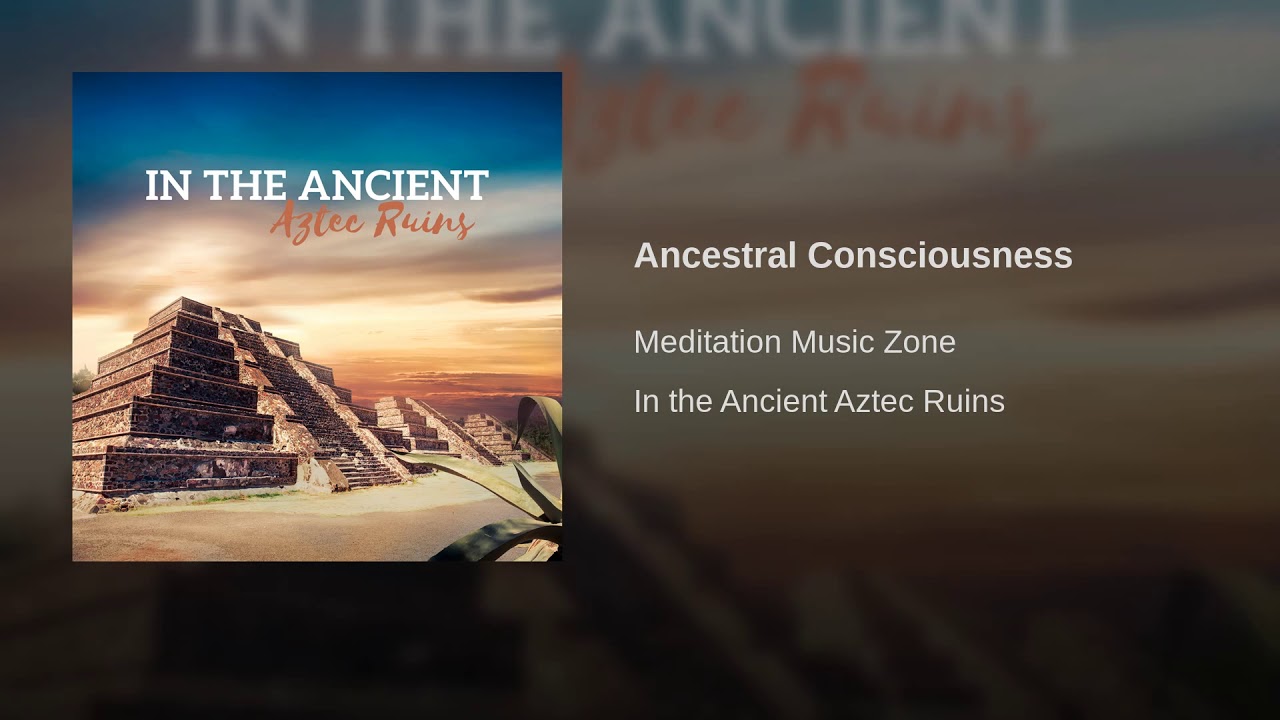Big Think
Whether it’s bacteria or consciousness itself, science and philosophy examine specific object that stands apart from the observer. Art is more collaborative, says Noë. It changes us as we change it. Noë’s latest book is “Strange Tools: Art and Human Nature” (http://goo.gl/lP37w7).
Read more at BigThink.com: http://bigthink.com/videos/alva-noe-on-art-as-a-strange-tool
Follow Big Think here:
YouTube: http://goo.gl/CPTsV5
Facebook: https://www.facebook.com/BigThinkdotcom
Twitter: https://twitter.com/bigthink
Transcript – Artists make things not because the things they make are special but because making is special for us. We are makers. We are as human beings manufacturers. If you go back 30,000 years to the dawn of the psychologically modern human being what seems to inaugurate that beginning is precisely this explosion of making practices of tool making and tool using practices and pictorial practices and linguistic practices and clothing. We are makers and I think that artists make things to unveil that fact about ourselves. So I say that works of art are strange tools. They’re not just more tools with this or that function or application. They’re tools that in their strangeness are meant to exhibit the place that tools and technology have in our lives.
Too often I think when we come to thinking about art and we’re scientists or cognative scientists or philosophers is we think of art as if it were a phenomenon, something that we can put under glass and explain. The view that I’ve come to is that actually art is itself it’s own research practice. It’s itself a way of trying to understand the world and ourselves. And that better strategies for trying to really get a handle on the questions that interest us what is art? Why does art matter so much? What does the fact that it matters so much tell us about ourselves? Is actually to look at art as our collaborator rather than the object of our investigation. The art situation becomes an opportunity to really put one’s own perceptual consciousness or other aspects of what’s consciousness and understanding sort of interview for oneself. And that’s one of the reasons why I like to say that art is something like a philosophical practice. Because what I’ve just said about art really is paradigmatically philosophical. This idea that art or philosophy are somehow in the business of unveiling us to ourselves and in doing that it’s supplying us with resources to change.
Source




… Yeah, this guy is a tosser, can we not have him on again?
I really hated being dragged into a discussion about what makes something beautiful in my philosophy course. What makes something beautiful basically has to do with how it triggers a certain reaction in the human mind/brain, which just so happens to involve the subjects of neurology and psychology, not philosophy.
Also fuck whoever it is that decided i must take a fine art in order to finish my political science major. No logic there, except of course greed perhaps.
Quit featuring this dumb ass
I actually find it quite interesting.
Here's a compiled list of the things he is trying to convey:
People are hating on this guy because they obviously read the title of the video and assumed straight away that it was the point he was trying to make. From what I see it wasn't that black and white. I very much doubt he chose to title the video as such, he just stated opinions and Big Think decided to put a clickbait title that took it out of proportion.
Everyone seems to have just read the title and when his points didn't coincide with the expectations they had, they shat all over it.
From what I gathered, a more apt title for the video would have been 'Why Art is it's own Philosophical Practice" but I wonder if that would have led to as many comments.
Could we be 'makers' because the Universe is a continuum of continuous creation or energy exchange?
refer to the video ( Richard Feynman – ode of a flower )
what a load off Bull..
Modern art was a social experiment to see if people would pay a lot of money for objects that had no intrinsic value.
There is this one great thing my aesthetics professor told me. And that is that we should all try ourselves at art. And he meant it on an amateur level. I think it is similar to this videos point, creation is a very human trait and we shouldnt forgo it thinking it is something that necessitates expertise. Put simply, you will feel good creating anything.
I say if you can appreciate it then it is art.
Art *modern & post-modern~ is EZ to make. I have been a professional artist and art instructor all my adult life. I would walk into museums and see garbage, scribbles in frames, shit on a shingle, etc. ~ all the while I was instructing sight impaired adults in painting and printmaking. Their work, hands down, was far more interesting than what I saw in the temples of artistic achievement! ha! Orson Welles in his last interview when asked to what he attributed his great success, said: " Luck. That's the big secret to most successes but of course no one who is successful will readily say so." (actually a paraphrase despite quotes). I have come to think that art today exists for critics and other useless people in like 'professions' to evaluate, rank, interpret, hype and sell, which is to say profit from. Octavio Paz, the great poet and essayist, wrote about the co-option of art and literature by market forces in a book called: The Other Voice. I highly recommend it. Art has nothing to do with money, or rather when it does, it runs the risk of becoming trite and faddish (As long as it sells!). But dumb artwork requires a dumber audience. gulp. Maybe one brought up on tee vee, hollywood movies and gadgetry?
If Noe is an actual philosopher then he commits a gross blunder by overlooking the point of German Idealism–19th Century philosophy, where the Idealists had already came to the conclusion that art should be like philosophy and philosophy should be like art. We needn't look any further than the Romantic artists such as Goethe, Novalis, Holderlin, Beethoven, Bach, Koch and many others to see that these men were offering a greater insight and understanding of humanity through dasein–that is discovery, revealing and disclosure. The works of Kierkegaard and Nietzsche were clearly influenced by the Romantics to such a degree that their writings were just as poetic as they were philosophical. Additionally, both Marx and Heidegger wrote at great lengths on the value of art/craftsmanship and technology in relation to both individuals and society as a whole, which is the central point of Noe's argument. In conclusion, there's honestly no need to read Noe's book if this video is a testimony of what it's about unless he offers something new. My advice just read Heidegger's "Basic Writings" or "The Question Concerning Technology."
You never go full retard. Why u go full retard man?
Well that was 2 minutes and 43 seconds of mental masturbation.
I like how he uses "they" when speaking of errors and "we" when speaking of the more positive things.
Post-modernist mumbo jumbo, trying to make sense of his irrational believes in art. Get the f*** out of here!
There are many philosophers and authors who hold a similar view, except they express is much more coherently.
Didn't seem particularly informative at all.
I think Art is: an aim to crystallize wonder, novelty, passion and beauty into physical reality. And, like mentioned here, it does unveil or reveal our evocative nature. A novel emotional expression which involves our senses in new ways. It deepens our appreciation. It reveals the beauty and wonder, in poetic and colorful abstractions. It can bring us new light, help us welcome darkness, reinvigorate our color. It brings us out of our self to dance in tune with all of these fantastic vibrations. With the elemental and essential qualities of Life, and how we truly feel.
He is putting way too much thought into to this. People create are because they have a desire to express themselves and communicate that to world.
In my view this guy is just annoying… Sorry, but that's the truth.
don't understand why there's all those dislikes. Geeza was sound and made a lot of sense. The title of the video was misleading in that the video wasn't about what scientists and philosophers get wrong… for me, it encouraged me to realise and understand that art is one of these things that is truly in-explainable in that it can be and mean anything for anyone whatever it is.
Good art isn't made with anyone in mind. You get an idea/image in your mind and you have to see it made. Then you make it. The thrill is short lived. But worth the effort.
I understand that Alva Noë is a very respectable and scientifically informed philosopher. Nonetheless, I feel most of this talk is a bunch of very counterinformative cliches about what art is. I agree that probably most scientists and philosophers (specially analytic philosophers), although very good in some important tasks, perhaps have understimated the power of art as an informative medium about how the human mind works, or what are the concrete conditions which enable its particular functioning (not only art, but many other parts of culture as well, like politics and popular culture). It is probable that in the future, art may become a (more) legitimate empirical arena for scientific and philosophical appreciation and discussion, as long as it can illuminate with remarkable strenght and precision how we actually relate to the world (how we represent it) and how we relate to each other and ourselves (take, for example, the exciting way in which Galen Strawson, in Aeon Magazine, informs his discussion against many cognitive scientist and philosophers on the topic of personal identity using mainly literature examples; similarly, if you take Ingmar Bergman's Persona you can easily witness the classic issues about the continuity and limits of personal identity).
I agree with Anston [Music] in that we can understand art as some kind of cognitive/emotional and neurally based process, although I think that that is not very informative either, at least not by itself. Probably there can be no general definition of art, as philosophers and artists themselves have noticed. Nonetheless, we can probably identify different (sometimes intertwined) functions which art can serve (emotional expression/evocation and many forms of representations, with indefinitely many means and purposes aswell); and of course many of those functions overlap with the functions of other cultural devices; science, politics, journalism and so on; as many people have been realizing thoughout the lasts centuries until today. Thank you for these vids!
Anyways, why you people are so pedantic about it? Chill out. This guy's opinion is just as valid as anyone's; you can criticize it, even destroy it with no need to be such prigs. If your problem is that you're expecting some kind of special authority when it comes to academic workers' opinion, you are just wrong and have learnt nothing about critical thinking. Also, although he probably misses the point olimpically in this matter (particularly in this video), he is in fact a very respectable intellectual (in cognitive science and philosophy of mind) which you all could make a great use to study. You make it look as if you are all very desperate about validating yourselves intellectually, even at the cost of acting like monkeys. Grow up.
Damn!! man, no need for all the word play. the definition is simple: art is any form of expression that aims for unity.
i thought it through..
Actually Scientist are explorers and creators. Most, if not all, of what we have now is because of science, including the tools. Art is a means for a person to express and interpret their "state", for simplicity. Without this, it may as well be done with a robot which may not be too far off in the future.
art is masturbation.
pretentious artists are the best artists
…good try